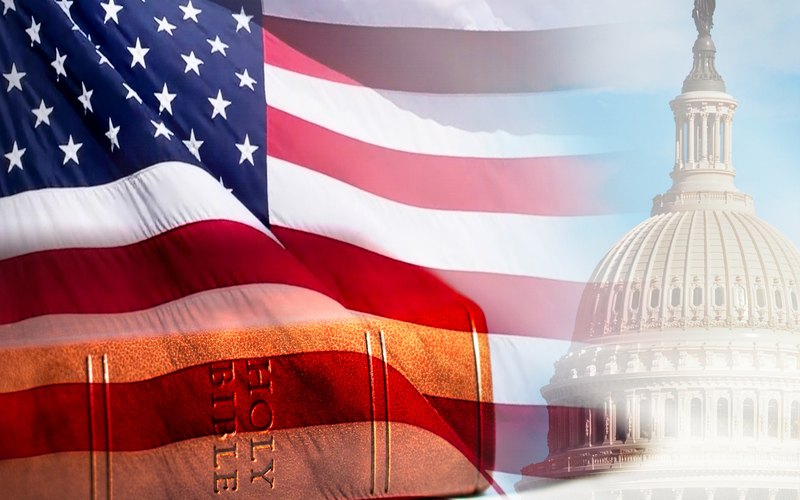Not Just a Piece of Cake
Sign up for a six month free
trial of The Stand Magazine!
A California judge has ruled in favor of Cathy Miller, owner of Tastries Bakery in Bakersfield, California, who was accused of discriminating against two lesbians. Miller referred the two to another skilled baker and cake artist because her conscience did not – and does not – allow her to lend her artistic talent to celebrate a same sex wedding.
The Department of Fair Employment and Housing had petitioned the court to issue a restraining order forcing Miller to either bake cakes for same sex weddings or completely stop making wedding cakes. She was faced with two choices: approve of homosexuality or lose her livelihood. Anyone who has paid for a wedding knows any service connected to a wedding is a revenue generator.
On Monday, Superior Court Judge David Lampe ruled that the state could not compel Miller to violate her conscience in this matter. This is good news for religious liberty. However, the ruling is a motion for preliminary injunction and only frees her up to continue operating the bakery until the next hearing, set to take place in June 2018. Though temporary, it is encouraging to see a judge make a ruling in favor of religious liberty – out of California, no less.
The United States Supreme Court’s decision in a similar case, Jack Phillips of Masterpiece Cakeshop v. Colorado Civil Rights Commission, is expected in June as well. The verdict will not only affect the Miller case and similar cases climbing to the Supreme Court level, but it is expected to have a tremendous impact on our nation’s recognition of religious liberty.
Judge Lampe made it clear in his opinion that Miller was exercising her First Amendment rights:
The First Amendment ensures that religious organizations and persons are given proper protection as they seek to teach the principles that are so fulfilling and so central to their lives and faiths, and to their own deep aspirations to continue the family structure they have long revered.
Of course, Miller’s case is similar to that of Phillips as well as Aaron and Melissa Klein, all conservative Christians whose consciences do not allow them to employ artistic expression to create cakes celebrating same sex marriage. In contrast, an administrative judge for the Oregon Bureau of Labor and Industries found the Kleins guilty of discrimination. They were fined $135,000, lost their bakery, and recently lost an appeal over the 2013 same sex wedding cake.
Judge Lampe explained artistic expression in his opinion:
A wedding cake is not just a cake in a free speech analysis. It is an artistic expression by the person making it that is to be used traditionally as a centerpiece in the celebration of a marriage. There could not be a greater form of expressive conduct.
He explained the state could not compel Miller against her will and religion to allow her artistic expression in celebration of marriage to be co-opted to promote a message with which she disagrees.
He spelled out the difference between discrimination versus violation of artistic expression:
No artist, having placed their work for public sale may refuse to sell for an unlawful discriminatory purpose. … The difference here is that the cake in question is not yet baked. The State is not petitioning the court to order defendants to sell a cake. The State asks this court to compel Miller to use her talents to design and create a cake she has not yet conceived with the knowledge that her work will be displayed in celebration of a marital union her religion forbids.
Let’s pray the Supreme Court justices grasp the difference between discrimination and violation of one of our nation’s most precious foundational commitments – the free exercise of religious liberty. Let’s pray they remember their vows and hold true to the Constitution of the United States.

Sign up for a free six-month trial of
The Stand Magazine!
Sign up for free to receive notable blogs delivered to your email weekly.



















